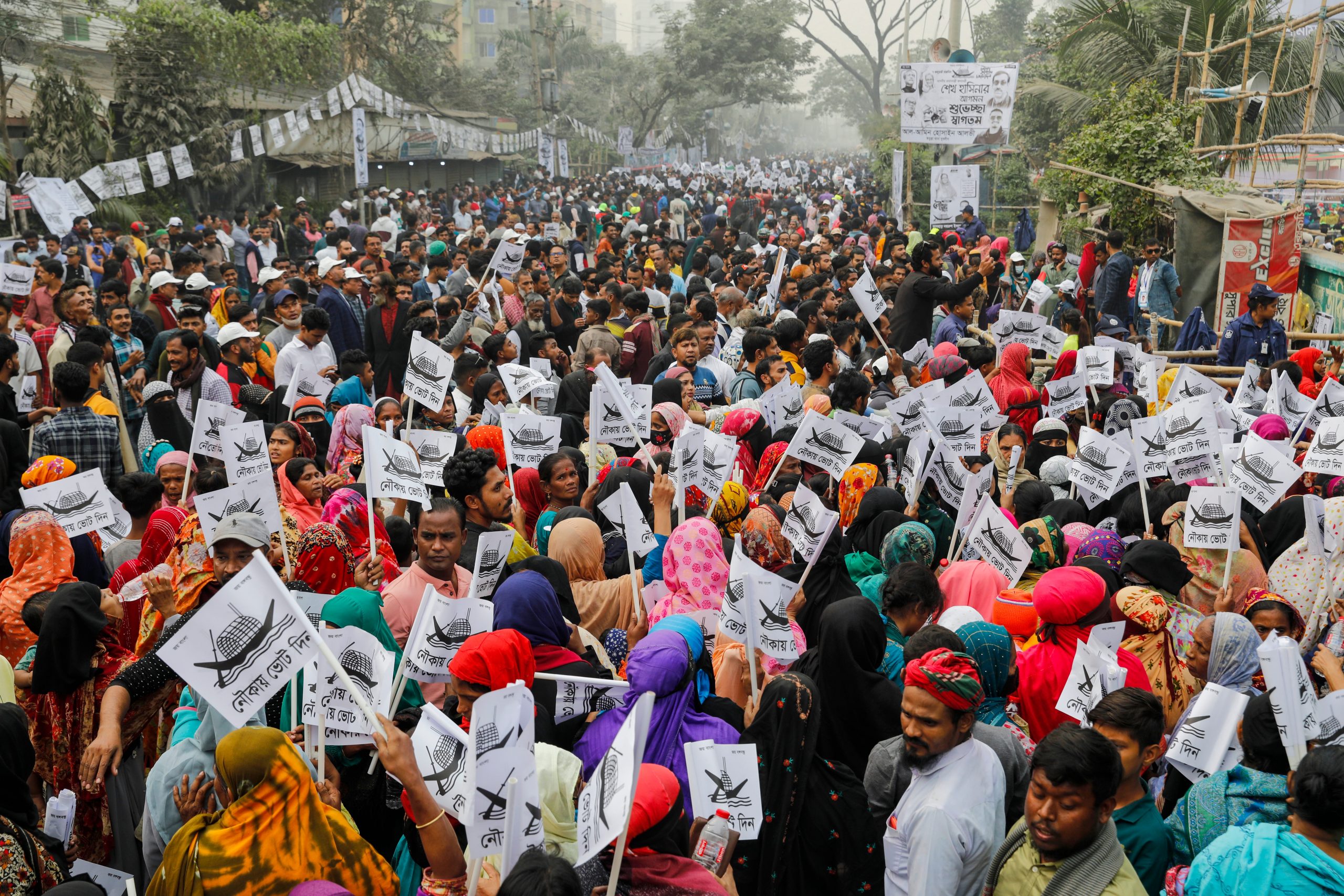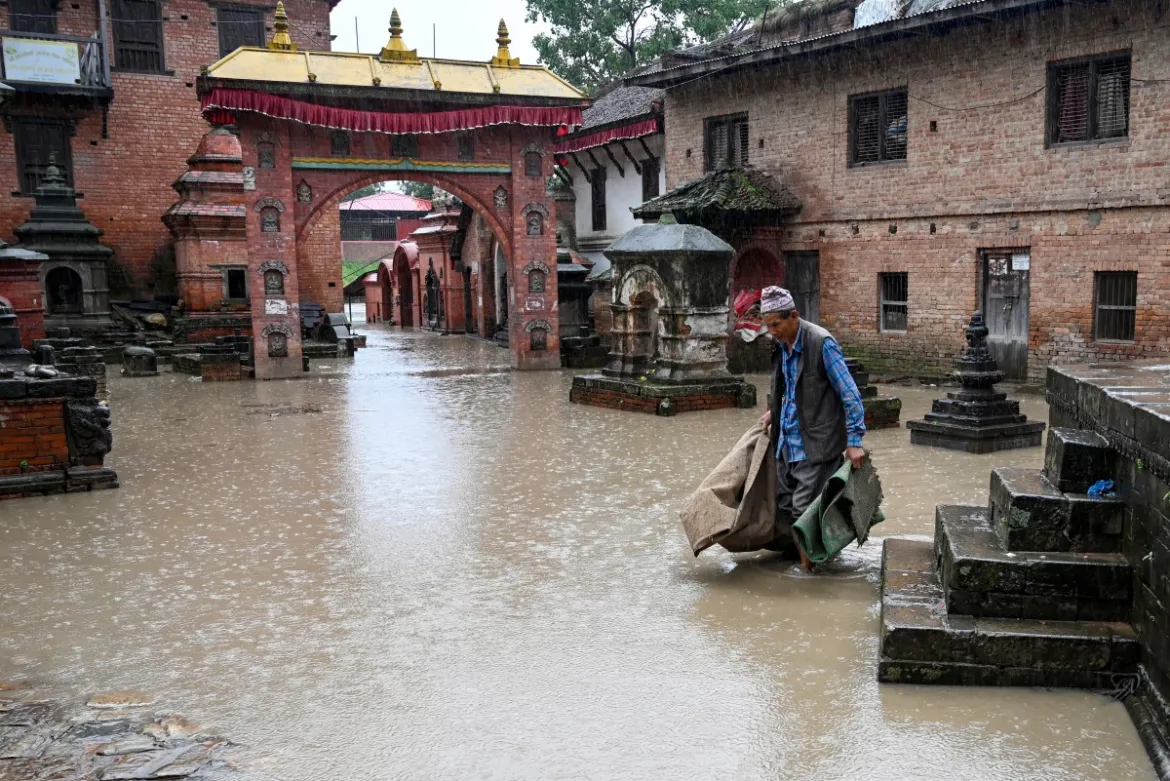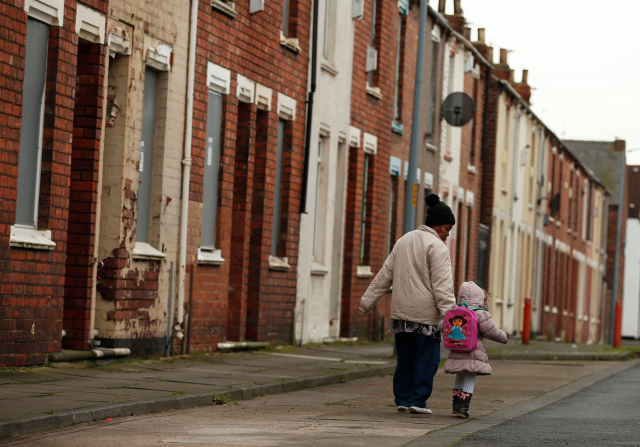South Asian Nations Gear Up for General Elections in 2024

New Delhi — As the year 2024 unfolds, four South Asian nations – Bangladesh, Bhutan, India, and Pakistan – are gearing up for their general elections, setting the stage for a significant political landscape shift in the region. Interestingly, this year witnesses a multitude of transitioning democracies globally, both in the West and the Global South, making it a critical period for political transformations.
In the Kingdom of Bhutan, the youngest democracy in South Asia, the preliminary round of national elections has recently concluded. Having transitioned from a monarchy to a democracy 15 years ago, Bhutan is known for its unique Gross Happiness Index. The final election is scheduled for January 9, 2024, with five parties, including Druk Nyamrup Tshogpa, People’s Democratic Party, Bhutan Tendrel Party, Druk Phuensum Tshogpa, and Druk Thundrel Tshogpa, vying for leadership. Women’s participation in the bicameral parliament remains a concern despite increased voter registration among Dzongkha women, who constitute the largest vote bank.
Meanwhile, in Bangladesh, where 30 parties are competing for 300 parliamentary seats on January 7, the main opposition party, Bangladesh Nationalist Party (BNP), led by Khaleda Zia, and its allies have decided to boycott the election. With a unicameral legislature, Prime Minister Sheikh Hasina’s government faces criticism on issues such as corruption and human rights. With BNP opting out, a victory for PM Hasina seems likely.
In Pakistan, the general election is scheduled for February 8, where major contenders include Pakistan Muslim League-N, Pakistan People’s Party, Muttahida Quami Movement Pakistan, Jamiat Ulema-e-Islam-Fazl, Pakistan Tehreek-e-Insaaf, and the Jamat-e-Islami. The country, facing economic challenges, managed to secure a stand-by arrangement with the International Monetary Fund. However, the gender gap remains a significant issue, with about 15 million voters missing from the electoral rolls.
In India, although election dates have not been announced yet, the Bharatiya Janata Party is in a strong position following favorable results in assembly elections. The party is focusing on South and Northeast regions. The outcomes of these elections are poised to reshape the political landscape of South Asia, with uncertainties about whether the changes will be for the better or worse. The impending political transitions hold significant implications for the region’s future.



















Facebook Comments